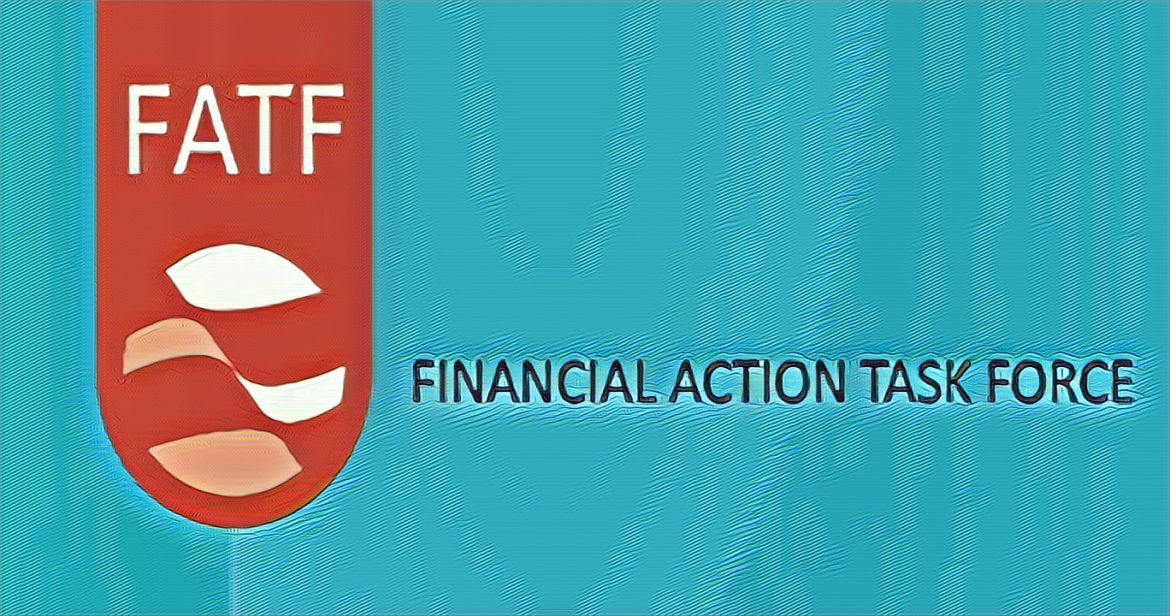In a decisive move by the Financial Action Task Force (FATF), Nigeria and South Africa, along with 20 other nations, were grey-listed in February 2023. This listing follows identified shortcomings in their anti-money laundering (AML), counter-terrorism financing, and proliferation financing frameworks.
The grey list, often seen as a cautionary step before blacklisting, can have dire consequences. Countries on this list, like Nigeria and South Africa, face heightened scrutiny. Their citizens may encounter increased challenges in managing offshore accounts, including rigorous due diligence processes and obstacles in overseas financial dealings.
For grey-listed nations, the economic fallout can be severe, as reported by This Day Live. International investors and organizations may hesitate, or demand additional audits, before committing funds. This is particularly troubling for Nigeria, whose foreign direct investment (FDI) figures have been dwindling.
However, the FATF’s recent follow-up reports paint a contrasting picture of the two African giants. While Nigeria faltered in its review of money laundering and terrorism financing risks just weeks ago, South Africa showed significant progress in its AML regime. Although some areas remain partially compliant, these improvements may reduce its monitoring by the FATF until October 2024.
At its October plenary in Paris, FATF scrutinized Nigeria’s anti-money laundering efforts. Despite the Nigerian Financial Intelligence Unit’s (NFIU) efforts, the country couldn’t meet FATF’s expectations. Nigeria, along with other nations like Haiti and Yemen, opted to defer reporting in a June FATF meeting.
Nine months post-grey-listing, Nigeria is yet to comply with 15 key FATF recommendations. In stark contrast, South Africa has made commendable strides. Since being rated non-compliant or partially compliant on 20 of FATF’s 40 recommendations in June 2021, South Africa has upped its game, leading to upgrades in 20 recommendations in the latest report.
Notably, South Africa improved its compliance with crucial recommendations related to terrorist financing, regulation of non-financial businesses, customer due diligence, and beneficial ownership transparency. However, it remains partially compliant with five recommendations, ensuring its place in the enhanced follow-up category until October 2024.
South Africa’s efforts in 2023, particularly in enforcing rules for timely access to accurate beneficial ownership information, are noteworthy. The country implemented laws mandating the registration of beneficial ownership for trusts and companies, marking a significant step towards AML compliance.
The FATF’s recommendations are vital in the global fight against money laundering, terrorist financing, and proliferation of weapons of mass destruction. As Nigeria and South Africa navigate these challenges, their paths reflect the diverse responses to global financial security mandates.


